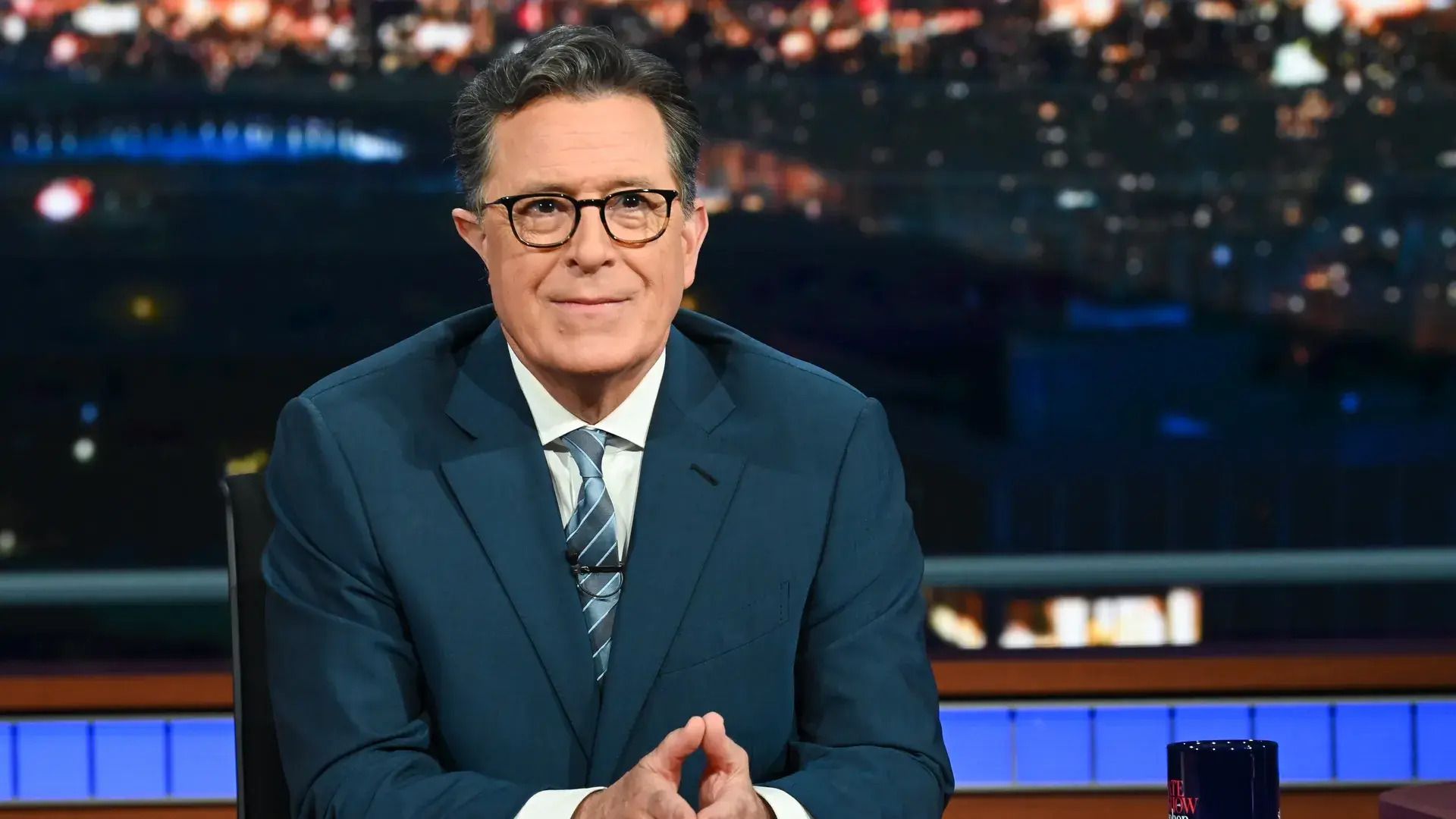- The Middle Ground
- Posts
- CBS Cancels Late Show with Stephen Colbert: Corporate Strategy or Silencing Dissent?
CBS Cancels Late Show with Stephen Colbert: Corporate Strategy or Silencing Dissent?
Colbert’s departure removes one of the most prominent and unabashedly political voices in late-night television. Whether or not the cancellation was motivated by politics, it may be interpreted by viewers and critics alike as part of a larger recalibration of how network TV balances entertainment, commentary, and influence.

The Basics:
CBS has announced that The Late Show with Stephen Colbert will end after the 2025–2026 season. The news follows a wave of internal restructuring at Paramount Global, which is being acquired by Skydance Media—a company led by David Ellison, who has reported ties to Donald Trump. The timing of the cancellation has sparked debate, especially after Colbert criticized CBS and its parent company on-air just days earlier.
Colbert used his monologue to condemn Paramount’s $16 million settlement with Trump over a 60 Minutes interview, calling it a “big fat bribe.” He criticized the merger, referring to Skydance execs as “billionaire buyer bros,” and joked that they might pressure him after the sale.
CBS has defended the decision as “purely a financial decision against a challenging backdrop in late night,” pointing to declining viewership trends, high production costs, and the expiration of Colbert’s contract. They emphasize the move is not related to show content or recent commentary.
Silenced for Speaking Out Colbert joked that the “billionaire buyer bros” behind the deal “would rather sell off pieces of CBS to keep Mission: Impossible than keep people employed.” This, critics say, may have crossed a line, especially with CBS executives under pressure to smooth the deal and avoid antagonizing influential political or corporate forces, including those aligned with Donald Trump. Critics of the cancellation believe his mockery of CBS’s potential new ownership made him a target. They believe the move isn’t about ratings or budgets, but about removing a high-profile critic to smooth the path for a politically sensitive merger. To them, this is less about late-night TV’s decline and more about silencing dissent in the name of corporate and political convenience. | It’s Just Business Network officials have pointed to streaming competition, younger audiences turning to YouTube or TikTok for comedic commentary, and declining late-night ratings across all networks. Industry sources also note that Colbert’s contract ends at the same time the show will conclude, and that this was a natural endpoint. They emphasize that no replacement has been named, indicating a pause rather than a politically motivated pivot. In this view, the cancellation is less about silencing Colbert and more about evolving the network’s content strategy in a fast-changing media environment. |
⚖️ The Middle Ground:
The end of The Late Show with Stephen Colbert arrives at a moment when CBS and its parent company Paramount are facing pressure to adapt to a shifting entertainment landscape. On one side, critics point to the timing and Colbert’s recent critiques of CBS ownership as suggestive of retaliation or political appeasement.
On the other side, CBS has precedent for making late-night changes in response to broader trends—Jimmy Fallon, Jimmy Kimmel, and others have also seen ratings dip dramatically in recent years. From this angle, ending The Late Show may be as much about economics and digital evolution as it is about content or controversy.
Still, Colbert’s departure removes one of the most prominent and unabashedly political voices in late-night television. Whether or not the cancellation was motivated by politics, it may be interpreted as either part of a larger recalibration of how network TV balances entertainment, commentary, and influence, or another move where the “elites” are silencing dissent.
Reply